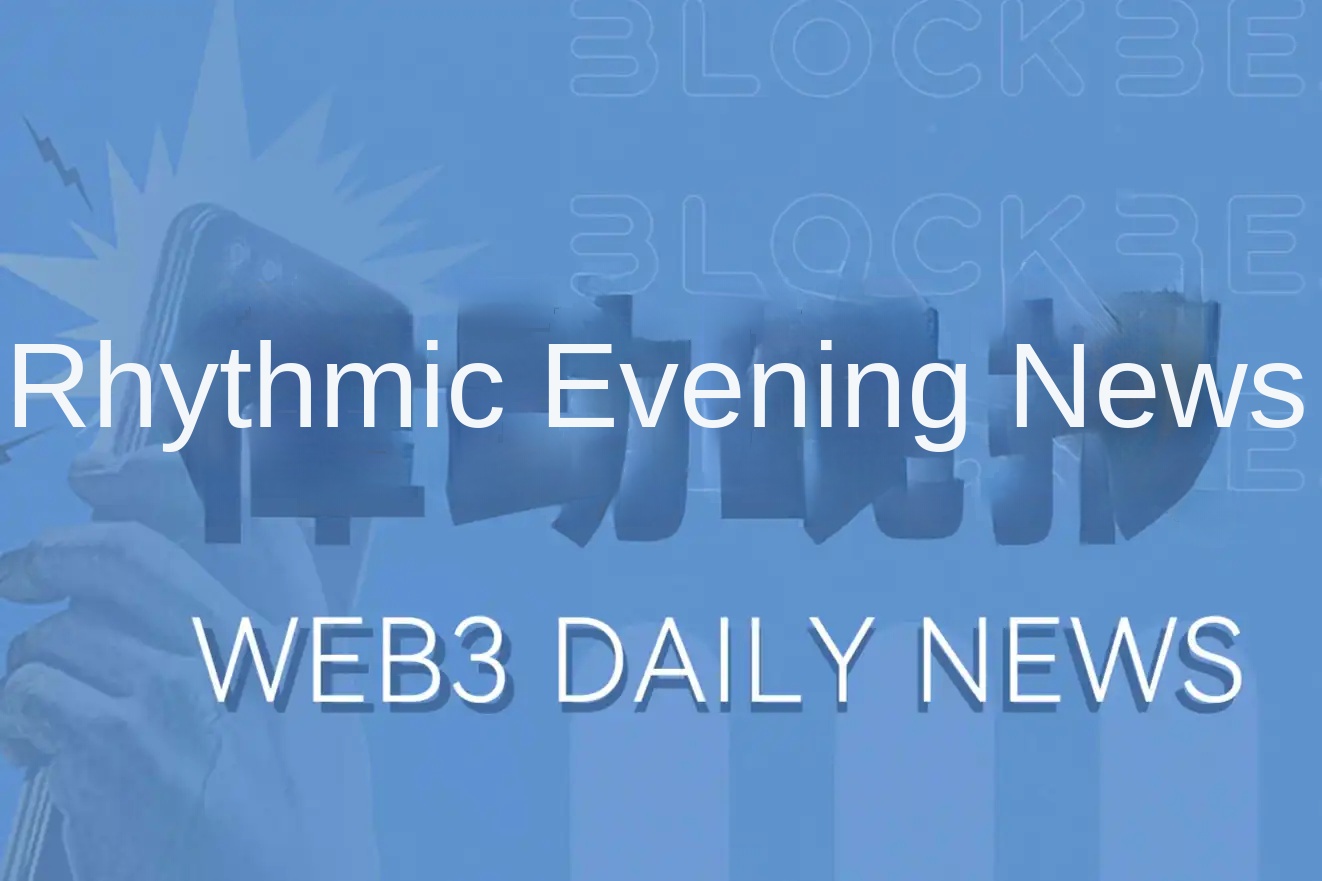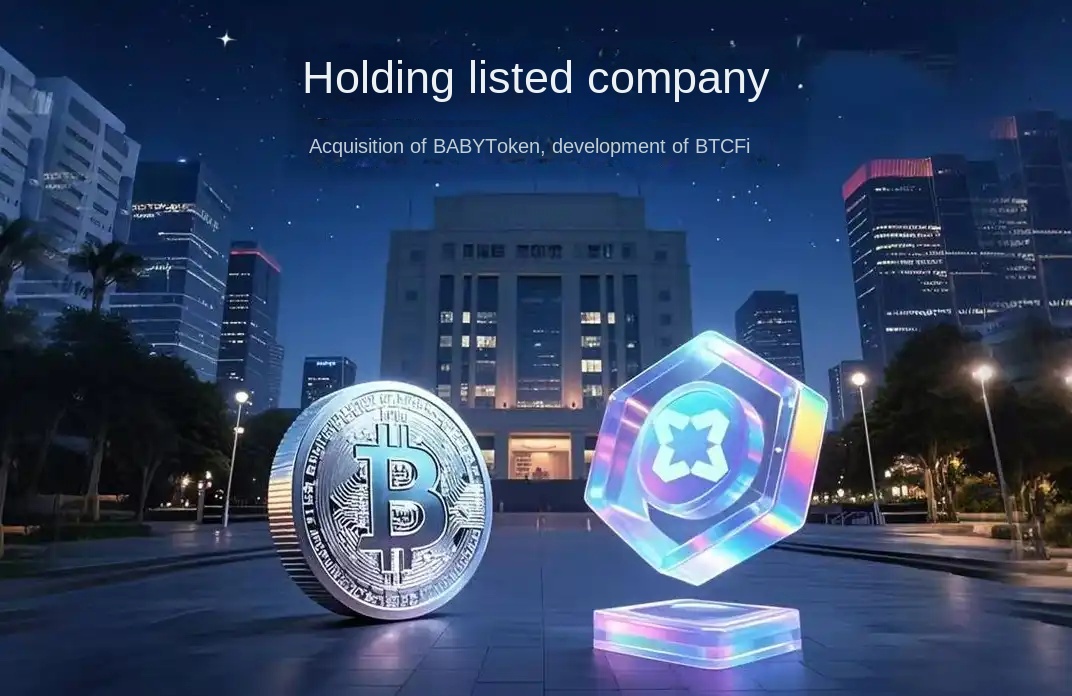Polytrade: An innovative RWA project featuring "Trade finance + Stablecoin lending"
Original article by Leo, BlockBeats
The DeFi narrative needs to go beyond cryptocurrencies. The current DeFi narrative is all about cryptocurrencies, with most of the DeFi centered on on-chain financial services such as AMM and DEX, derivatives and Compound (Aave). According to DefiLlama's data, DeFi's TVL currently exceeds $50.6 billion, of which the value is mostly concentrated in a few mainstream DeFi apps (Lido, Maker, AAVE). To some extent, it's a crypto circular economy, which makes it hard for DeFi to flourish, but if you look at RWA (real world assets), you should realize that RWA could be an opportunity for DeFi, DeFi combined with RWA could bring more real assets to crypto and even crypto economy. Solve more practical problems.
At present, there are not many agreements to bring RWA to DeFi (Goldfinch, TrueFi, Contrifuge), most of which are property or borrowing agreements. Today we will introduce a "RWA+DeFi" protocol, Polytrade, which can be said to perfectly integrate RWA and DeFi narratives, bringing real assets into DeFi and DeFi advantages into the world economy.
The RWA of Polytrade
At the moment, the Polytrade team's RWA channel is focused on using "trade finance" to find market gaps. "Trade finance" refers to financial instruments used by companies to facilitate international trade and commerce. In principle, it is anything that ensures a business has a fixed cash flow. Credit lines and invoice financing, for example, are part of trade finance, which is worth more than $5 trillion.
Polytrade provides users with real benefits from TradFi. They do this by paying up front (stablecoin payments) invoices that smes get from big companies. What they do is they buy invoices, and the big companies don't pay the suppliers up front or on delivery, they issue an invoice first, usually by small and medium-sized businesses, by big companies like Walmart, IKEA, etc., and the big companies can pay through the invoice after a number of months, and this process takes a certain amount of time, called the "credit period," During the credit period suppliers can sell their invoices to others at a discount, which is why Polytrade exists.
For example: Leo is a small company and supplier to IKEA, Leo sends furniture (shipping) and has to wait 60 days (credit period) to receive the full amount of the sale. Polytrade can provide Leo with immediate cash by buying Leo's invoices, holding them and receiving funds from Ikea after the credit period.
For revenue, Polytrade can charge a premium. For example, Polytrade buys the entire invoice for 90% of the invoice value, and then this 10% becomes Polytrade's real revenue and is also a way of "trade financing".
Such trade finance gives rise to trade finance pools at Polytrade, which uses the Proof of Trade (POT) method, where all purchases are validated and marked as NFT for greater transparency. The NFT generated after payment of each invoice is placed into Polytrade's trade finance pool, indicating the NFT ID, buyer and supplier location, up-front percentage and contract number, in a fully viewable transparent transaction.

The trade finance market is relatively stable, with few problems such as default, non-payment and liquidity crisis. Polytrade insures every asset through insurance companies such as AIG, Mercury and Coface, so that all its investors are protected.
Polytrade also needs to extend its services to traditional banks. At the bank level, high regulation leads to excessive paperwork for SME lending and high interest rates charged to provide credit, so banks hardly offer these services to smes, which Polytrade achieves through due diligence processes such as rating agencies, credit companies, data and KYC agencies. Could enable DeFi lending to make stablecoin loans, funds that would be used to purchase high quality invoices that generate real income for these lenders, simple and powerful.
DeFi of Polytrade
Lenders can obtain higher APR than normal DeFi lending agreements through Polytrade's various stablecoin pool liquidity, and can choose the appropriate pool based on demand.

Native token of Polytrade
Polytrade also introduced Native token TRADE, Polytrade's utility and governance token, which is used to incentivize lenders and pledge rewards. The maximum supply is 100 million, according to CoinMarketCap data, the current market value is about 6.1 million dollars, and the current trading price of TRADE is about 0.26 dollars. Currently, TRADE has no practical utility and can only be used as an incentive token for lenders. In the future update, TRADE holders will get governance rights and a share of revenues, and if you are bullish on RWA, TRADE is also one of the tokens of future appreciation.
Polytrade
Polytrade partners include Clearpool, Polygon DeFi, Teller, and plans to work with 0VIX,STABLZ,Atlendis Labs And so out of the correlation pool. And Polytrade is working with Chainlink Work together to develop a reserve certificate to confirm that they have sufficient reserve support for each invoice NFT shown on the website. Project audit by Certik And ImmuneBytes Finished.
This comes after Polytrade announced its latest round of investment in March led by Polygon Ventures, whose co-founder Sandeep Nailwal
It also expressed support for taking RWA forward, indicating that Polygon wants to push such projects to the mass adoption stage. In addition, Polytrade plans to launch RWA Marketplace, which enables users to create portfolios of multiple invoices, and Polytrade plans to use ZK ids to do KYC while maintaining privacy on the institutional side.
conclusion
RWA is one of the best ways for DeFi to have access to the real economy, which will bring more added value to DeFi. A few reasons why RWA will rise in the future:
-RWA can provide excess mortgage loans outside of encryption, which can increase the total value of DeFi significantly, such as: trade finance, stocks, real estate market, etc.;
-RWA protocol transparency and rate of return is higher than traditional economy, also higher than some stablecoin lending DeFi protocol;
The -RWA protocol is not entirely tied to cryptography, and is somewhat less susceptible to cryptocurrency fluctuations from bull-bear conversions.
Cryptography should not be confined to the crypto economy. Innovation is the future. RWA is growing fast and we may soon be able to add value to our crypto economy through any RWA asset.
Welcome to join the official BlockBeats community:
Telegram Subscription Group: https://t.me/theblockbeats
Telegram Discussion Group: https://t.me/BlockBeats_App
Official Twitter Account: https://twitter.com/BlockBeatsAsia
 Forum
Forum OPRR
OPRR Finance
Finance
 Specials
Specials
 On-chain Eco
On-chain Eco
 Entry
Entry
 Podcasts
Podcasts
 Activities
Activities









